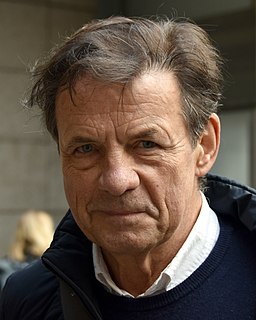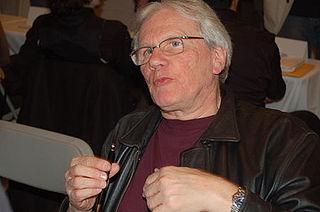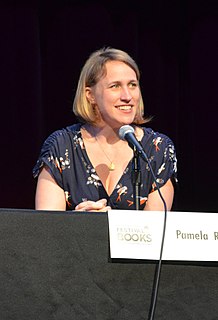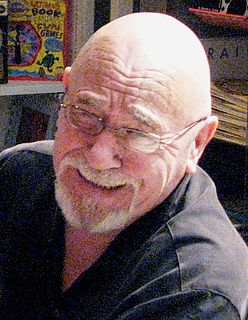A Quote by Neil Gaiman
I wanted to be an author as far back as I can remember, mixed with occasional bouts of wanting to be a werewolf when I grew up. But mostly, when I daydreamed, it was about being an author.
Related Quotes
I know publishing now more as an author than with occasional peaks inside those elite offices than as an industry insider. It was difficult publishing a novel the first time around, while working behind the scenes, knowing all that has to happen to make a book a success and to still make the leap as an author.

































